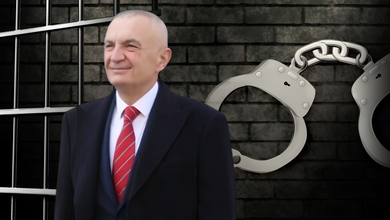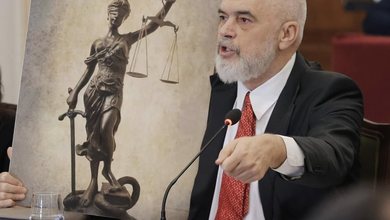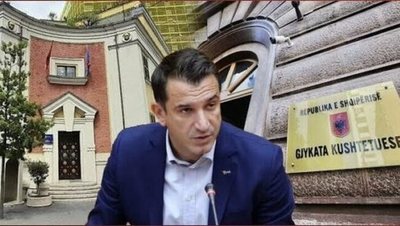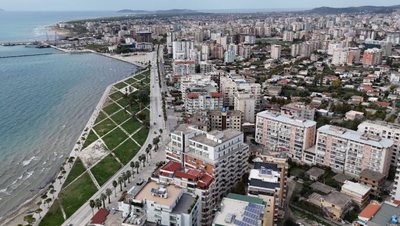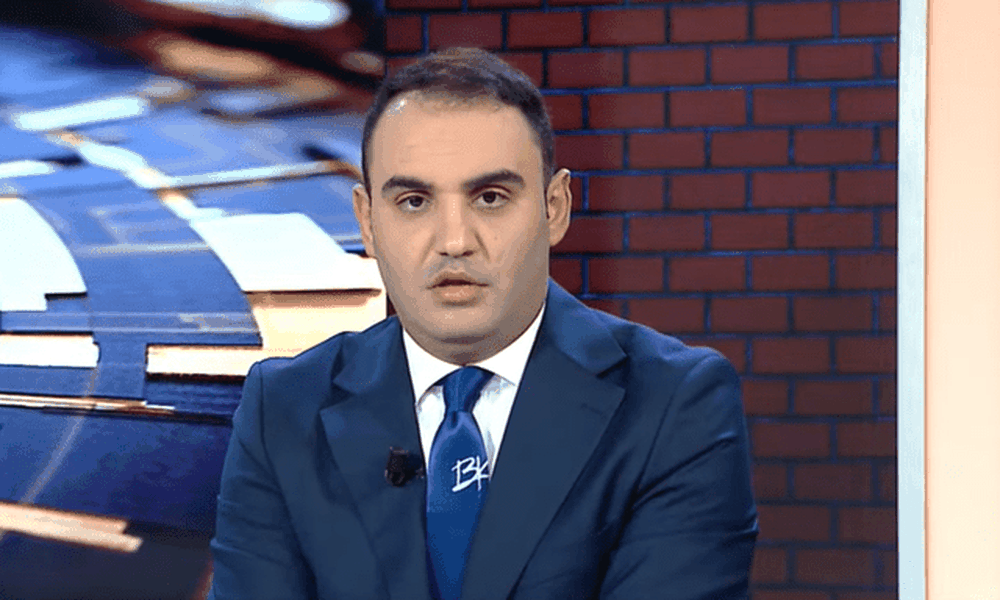
Belind Këlliçi has come back to life today, in his last-ditch efforts to win over Sali Berisha and be elected chairman of the parliamentary group. In a lengthy statement, he attacked Edi Rama, declaring him an autocrat, a blackmailer of judges, and the leader of “Europe’s first drug state.” In Këlliçi’s narrative, the prime minister is no longer concerned with reforms, but has personally declared war on judges who dare to disobey him.
Up to this point, everything seems like a noble mission to protect justice from political pressure. But the problem is that Këlliç is careful to only watch half of the film. Because, on the other hand, Sali Berisha, the man on whom his political future depends, does not leave a day without attacking SPAK prosecutors, whom he calls “Rama’s tools”, “Soros’ mercenaries” and “a gang of criminals”. The GJKKO judges are “selling out” to him, every decision against him is “political”, and every court process is a “conspiracy”.
So, Rama shames the judges by labeling them as obstacles to integration, Berisha attacks them by declaring them personal enemies, and Këlliçi, instead of holding to the same standard, only wakes up to one side of the coin. In front of Rama he is “alive”, in front of Berisha he is “deaf”. An oppositionist who claims to defend justice, but who in fact only sees where personal interest takes him.
Thus, Albanian justice finds itself under attack from all sides: a prime minister who blackmails it with the arrogance of power, a former prime minister who threatens it from the tower of accusation, and a Belind Këlliçi who pretends to be its guardian, but in reality is simply a second-rate actor in the party theater. A figurehead who appears on stage only to recite the refrain against Rama, and who disappears as soon as Berisha begins his usual monologue.
In the end, Këlliçi remains "alive" on a political schedule: he only turns on when the boss needs the light and turns off as soon as the other boss opens his mouth. An oppositionist with a command battery, who does more for ridicule than for politics.


